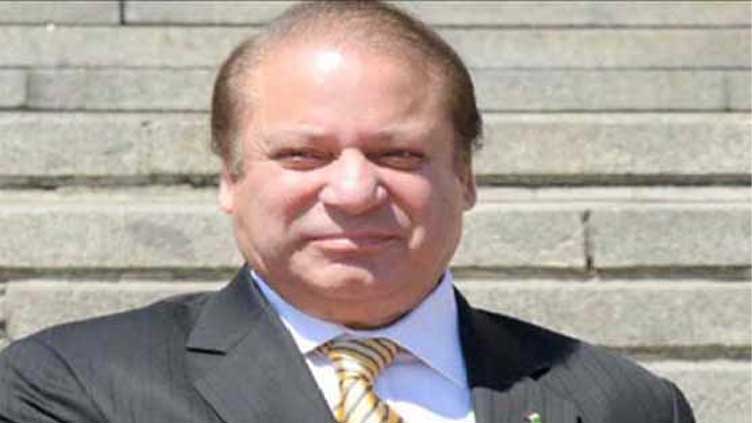pakistan
Nawaz Sharif: Pakistan’s three-time PM due home from exile
Sharif, 73, did not complete any of his three terms as prime minister

pakistan
Former PM Raja Parvez Ashraf raises concerns over IMF bailout conditions
Former PM Raja Parvez Ashraf raises concerns over IMF bailout conditions
pakistan
Pakistan slams Indian atrocities against minorities, Kashmiris at UN
Pakistan slams Indian atrocities against minorities, Kashmiris at UN
pakistan
NA Secretariat accepts inclusion of independent members in SIC
NA Secretariat accepts inclusion of independent members in SIC
-

 Sports3 months ago
Sports3 months agoSon and Bissouma ready for Spurs game with Brighton
-

 Fashion2 months ago
Fashion2 months agoGiorgio Armani catwalk blooms with florals at Milan Fashion Week
-

 Sports3 months ago
Sports3 months agoSinisterra signs long-term deal with Bournemouth
-

 pakistan3 months ago
pakistan3 months agoECP convenes emergency meeting today
-

 pakistan3 months ago
pakistan3 months agoECP rejects Salman Akram’s plea for PTI affiliation
-

 World2 months ago
World2 months agoTaiwan ally Tuvalu names Feleti Teo as new prime minister
-

 World2 months ago
World2 months agoTunisia court sentences ex-president Marzouki to 8 years in absentia
-

 Sports2 months ago
Sports2 months agoScaled-back opening ceremony for Paris Olympics to offer 326,000 tickets





















